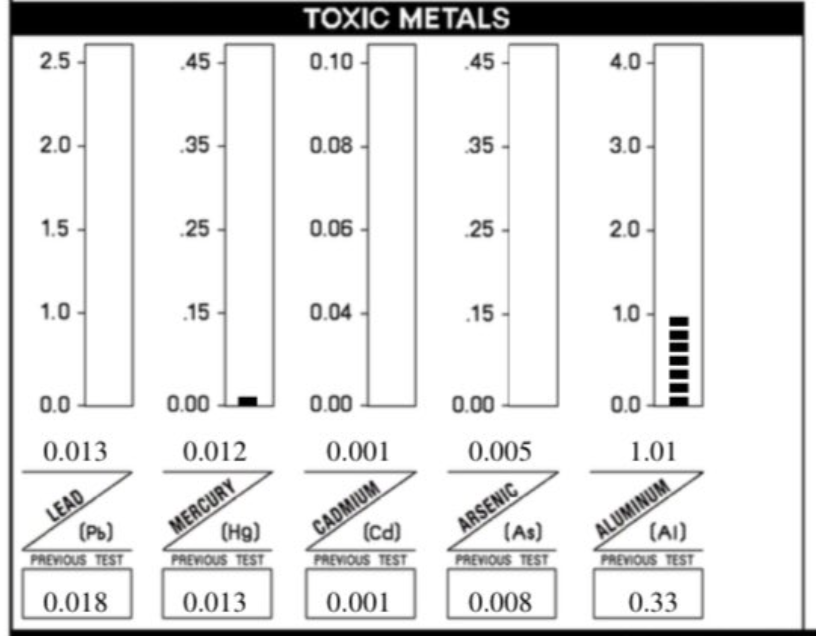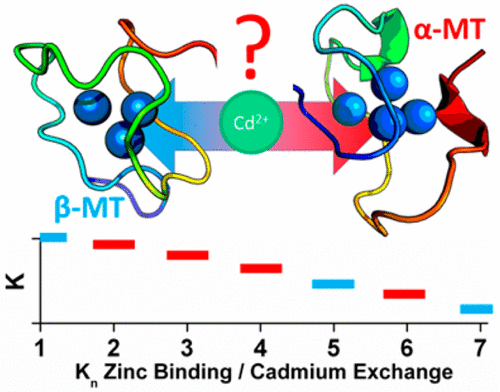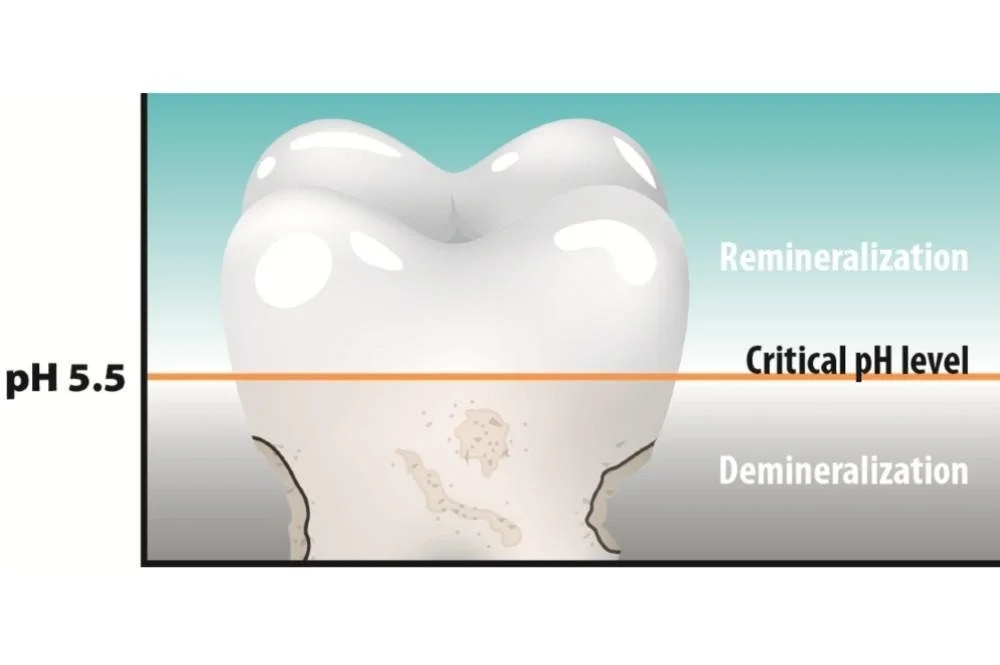Observations on Coaching Others in Bioenergetics
I began my journey with bioenergetics close to two years ago under the guidance of Jay Feldman and Mike Fave. After having a few remarkable successes, I transitioned my clients into this paradigm and now have a data set of roughly 100 people, generally aged from 40-65yo approximately 60% women, 40% men. In my thirtieth article, I want to share my observations on successes and common pitfalls among clients while trying to distill key principles that you can use as guideposts.
Read More
Not So Hidden Causes of Arthritis
The medical system classifies the two main forms of arthritis as osteoarthritis and rheumatoid arthritis characterized by inflammation and degeneration of one or more joints, causing pain, stiffness, swelling, and decreased range of motion. Arthritis encompasses over 100 other different conditions that affect joints and surrounding tissues.
From a bioenergetic perspective, if you have any form of arthritis it is because your joint is degenerating faster than you are regenerating it. In today’s article we’ll look at the true root causes as well as a more developed frame to view this pathology.
Read More
Optimizing Sex Hormones
Fertility, mood, metabolic rate, regeneration, vitality, strength, and stress resilience are the main features of youth hormones. As we age, they decline naturally. However, in our current environment they’re declining much faster than they otherwise would.
Youth hormones are in the steroid family. As we’re about to learn, some of these steroid hormones are anti-metabolic. If you’re considering taking T, estrogen or birth control, you’ll definitely want to understand this. Also, if you’re feeling moody, apathetic, or generally fatigued…
Read More
Your Stress Tolerance Threshold
The word stress was first introduced into the medical lexicon in 1936 by endocrinologist Hans Selye. He demonstrated that stressors, either physical or emotional, produce a consistent physiological response involving the hypothalamus, pituitary gland, and adrenal glands (HPA axis). He also proposed that chronic stress contributes to diseases like hypertension, ulcers, heart disease, and autoimmune disorders. Selye noticed a repeatable pattern in humans and animals he termed General Adaptation Syndrome (GAS).
Today I’ll discuss how your net stressors (costs) balance against your energy production (revenue) to determine your net Stress Tolerance Threshold (surplus). And why this needs to be considered in your personal context when choosing what to eat how to move.
Read More
Why You Should be Collagen Maxxing
Glycine is emerging as one of the shining stars among amino acids for its ability to calm the nervous system, support fascial growth, protect against glyphosate, improve glucose metabolism and extend life. The highest source of glycine comes from animal collagen - things like bone broth, gelatin, and hydrolyzed collagen powder.
In today’s article I’ll show you that incorporating these high glycine foods into your daily life can dramatically improve sleep, mood, joint pain, musculoskeletal injuries (and prevention), bone density, and reduce cardiovascular disease.
Read More
Your Dentist Won't Like This
Managing your teeth with a bioenergetic diet should be easy to do if you’re being mindful of your micronutrients. Even though you’re eating high carb, you should also be getting sufficient calcium, phosphorus and vitamin k2. In this article we’ll talk about optimizing tooth enamel to prevent dental caries that lead to downstream crowns and root canals. Root canals are notorious for housing gram-negative bacteria causing chronic, systemic infections that ultimately shut down mitochondrial energy production through the release of lipopolysaccaride (endotoxin).
Read More
Pro-Metabolic Supplements
I view supplements in a strict sense - they should come after you’ve figured out your calories, macros and micros. Ideally, you’ve already learned what carbs you can tolerate. You’ve given your body time to adapt to the new system. You’re getting sun, grounding and moving appropriately. Then you may want to add supplements to supplement your diet and lifestyle.
With that being stated up front, here are some tried and true supps that are pro-metabolic and how they work.
Read More
The Liver-Brain-Sugar Axis
The liver is a core regulator of sugar. In addition to handling cholesterol and fats which I won’t discuss today, it stores sugar and provides backup power to the brain during fasting states. It’s also the detoxification center of the body and the primary site of active thyroid conversion. With so many functions for the body and so many assaults from the environment, prioritizing liver health is key for high energy.
Read More
Sugar was Never the Problem, it was the Patsy
A crucial mechanism in bioenergetics is a well documented fuel switch in mitochondria known as the Randle Cycle. It is a big reason why many people have trouble metabolizing sugar. You may have heard the term Metabolic Flexibility, which loosely refers to the Randle Cycle. Unfortunately, dietitians and health gurus often say we should focus on burning fat when nothing is further from the truth.
Read More
Anemia & Iron Overload: Two Sides of Iron Disregulation
Iron is a necessary mineral for many proteins in the body most notably hemoglobin, the protein responsible for transporting oxygen from the lungs to your cells for mitochondrial use during energy production. Anemia refers to a deficient amount of hemoglobin that’s usually blamed as iron deficiency. Many men and post-menopausal women are negatively affected by excess iron that causes severe oxidative stress and aging. Iron disregulation is a common and important factor in lowered energy production and accelerated aging.
Read More
How much Water should you Drink?
“Stay hydrated” is a common phrase we often share along with “drink more water”. I remember attempting to follow the advice in the Google gym to drink half your body weight in ounces of water. Wow, what a disaster. Have you ever felt thirsty even though drinking a ton of water? Have you ever noticed that responding to that by drinking more water doesn’t change the craving and the water seems to go right through you? In this article I’ll explain why, how to know if you’re hydrated or not, and the best liquids for hydration.
Read More
Most Common Micronutrient Deficiencies
Now that we’ve sorted out macros and what foods you can digest we need to address micronutrients. This is what people typically think of when they hear the word “nutrition”. Unfortunately, when you listen to experts and don’t do any testing or food tracking you’re shooting in the dark without IR or a scope at a target that’s 300 yards out. So, testing and tracking are crucial for identifying your personal deficiencies. In lieu of that, I can share what population level research shows and what I personally see in my clients’s and my own diet.
Read More
Crafting a Bioenergetic Diet
Since last week I discussed the functions of the different macros this week I’ll be showing you how to calculate the amount in grams of each macro you’ll need for a bioenergetic diet. I’ll also discuss timing, rhythm and the basics of movement from a pro-metabolic standpoint.
Read More
Demystifying Macronutrients
Creating a diet based around bioenergetic principles requires a deeper understanding of macronutrients (and micros). In today’s article I’ll discuss the three macronutrients, their main purposes and constructing a pro-metabolic macro split that maximizes energy production and minimizes stress.
Read More
Creating an Energy Surplus
Essentially there are two approaches to longevity and health, Rate-of-Living and Bioenergetics. Rate-of-living is the hypothesis that our bodies are machines with a finite amount of heartbeats and breaths. Increasing lifespan from this vantage becomes a matter of conservation and reducing wear & tear. Bioenergetics sees the body as machine-like, but with the innate capacity to regenerate (like soil). Regeneration requires energy and only when we lack energy does the body breakdown in the way Rate-of-living theorist see it.
Read More
The Plight of Cows
Our dear friends the cows have come under fire in the last few years as being drivers of climate change. Bovines are strong allies of humanity and in the right context are key players in lowering carbon, not increasing it. In this article I’ll explain how ruminants, the class of four-leggeds of which cattle belong, are necessary for human and planetary health.
Read More
Overdosing Blue Light
"The dose makes the poison" is a fundamental principle in toxicology, attributed to the Swiss physician and chemist Paracelsus from nearly 500 years ago. This concept emphasizes that the toxicity of a substance depends on its dose or concentration, rather than its inherent properties alone.
Two good examples of this are blue light and seed oils. Yes, the color blue coming out of your phone, tablet, HDTV, monitors, headlights, streetlights and work/home LED bulbs and vegetable oils used in everything from organic tortilla chips to restaurant french fries. There are so many parallels between the massive overuse of these two metabolic disruptors I had to write about it.
Read More
How to Fix Your Gut, part 4
We made it to part 4, the final article in this series on healing your gut!
In this segment I want to give you common symptoms and general rules for figuring out a gut issue. I also want to give you my favorite at-home tools for fixing them.
Read More




















